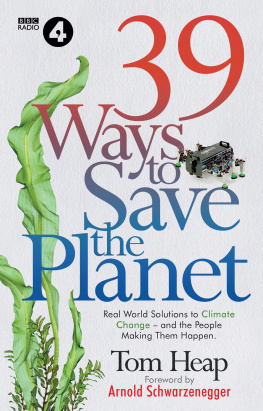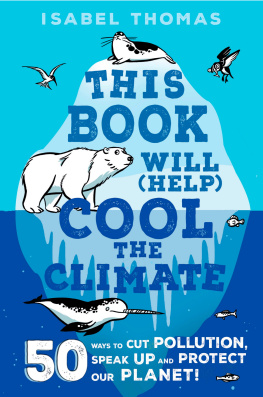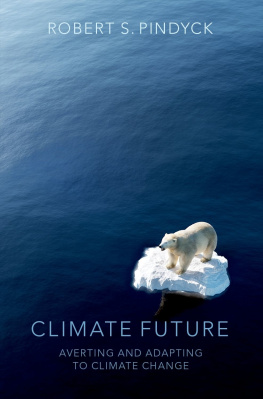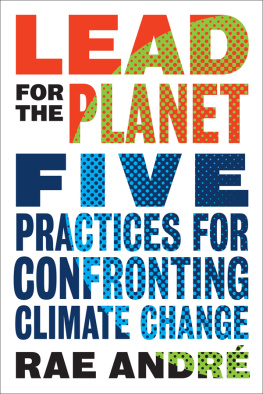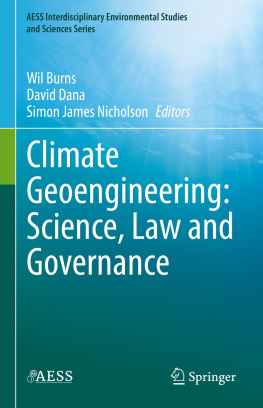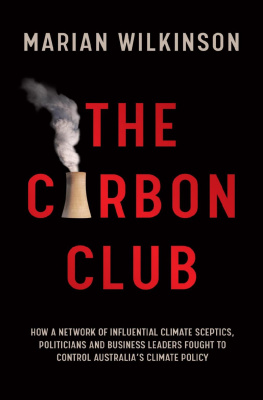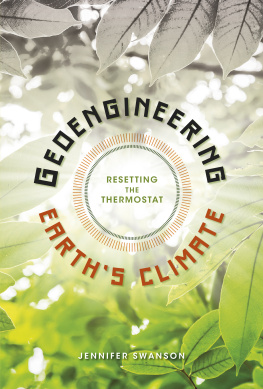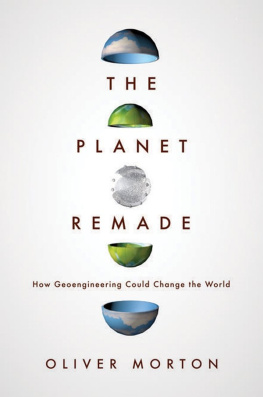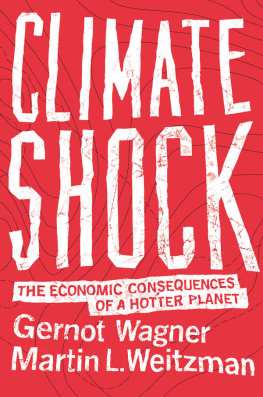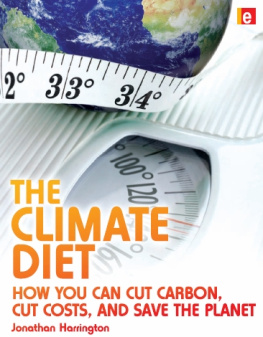Tales of a Hot Planet:
Climate Change Denial,
Policy and Geoengineering
William McPherson
2012
For Barbara
ALL RIGHTS RESERVED. This book contains material protected under International and Federal Copyright Laws and Treaties. Any unauthorized reprint or use of this material is prohibited. No part of this book may be reproduced or transmitted in any form or by any means, electronic or mechanical, including photocopying, recording, or by any information storage and retrieval system without express written permission from the author.
Introduction
Part I: Political Heat
Preface
1: The Commentator
2: The Senator
3: The Hearing
4: The Conference Speaker
5: The Voter
6: The Donor
7: The Campaigner
8: The Super PAC Spokesman
9: The Debater
10: The Election
11: The Congress
Part II
What Needs to be Done?
Preface
1: The Crisis
2: Transportation
3: Buildings
4: Energy
5. Forests
6. Consequences
Part III:
A Hot Planet
Preface
1: The Hansen Memorial Conference
2: The UNFCCC Meeting
3: Geoengineering
4: Scientific Evaluation
5: The UNFCCC Decides
Introduction
This book is a triptych of three parts: a novella on climate denial, a fictional portrayal of what world leaders need to do to deal with climate change, and a novella on geoengineering. The intent is to describe climate change with fiction, using real-life events and concepts to anticipate some of the actions necessary to deal with climate change.
The first part, Political Heat, uses existing views of denial ideologues to construct a roman a clef of political reactions to climate change. It leads to a conclusion that politicians will have to deal with the consequences of climate change, regardless of their assumptions and beliefs going into the heat of battle.
The second part, What Needs to be Done, portrays a group of world leaders who have to manage an immediate crisis of climate change effects. It outlines a number of areas, including transportation, buildings, energy and forests, that will be addressed in any necessary response to climate change.
The third part, A Hot Planet, describes what might ensue when the policies and programs described in the second part fail to stop global warming. It describes five types of geoengineering: carbon trees, desalination, iron sulfates in the oceans, cloud seeding, and aerosols.
Part I: Political Heat
Preface
In this part, I create a roman a clef about political leaders who deny climate change, and draw some lessons from how they will react to the consequences of global warming. If the fictional scenarios play out, political leaders may be in a position to lead public opinion and address the consequences of global warming.
Political leaders will ignore the consequences of climate change at their peril. The public increasingly views the weather and climate as a priority issue, which may crowd out other issues as the consequences of climate change become more severe. Yet politicians cling to climate change denial because of its inconvenience to their agendas, as I have documented in a nonfiction book, Ideology versus Science: Climate Change Denial Ideology. Much of the following novella draws on information and quotations in my book.
1: The Commentator
At 7:30 a.m. on July 12 the temperature was already 95 degrees. Will arose and went to the garage, where he turned on the car radio to listen to the weather report. The forecast was for 107 degrees, another record high for Washington, DC.
There were no electronic devices in the house for tuning in news. The TV sets and the kitchen radio were dead because the current had been off for five days. The laptop computer and cell phone batteries were dead for the same reason.
A derecho had downed the power lines in the neighborhood the previous week. Emergency power crews had been working through the weekend but had not reached Wills street. A new storm threatened the city and Will was concerned about a longer-term power outage. He had put off buying a generator, more because of the difficulty of obtaining fuel than the cost, but he seriously considered it for today. Food storage had been a problem after a few days all the refrigerated food was spoiled and Will and his family were reduced to eating out of cans and cereal boxes. He wanted to get power back but the emergency crews were not getting close.
Will returned to the house and poured a bowl of cereal for breakfast. With no milk, he opened a carton of juice and poured some on the cereal. After drinking the rest of the juice he dressed, picked up his briefcase and went to the car to go to work.
He drove to the Vulpes Network studio where he was scheduled to make his evening broadcast. The studio was located five miles away, closer in to the city than the suburb where Will lived. The studio had two 1600 HP generators and had obtained a large store of fuel before the emergencies began. It managed to keep broadcasting by shutting down everything but one studio and the communications equipment.
Traffic had been agonizingly slow on the way to the studio because traffic lights were out and cars were inching through intersections. Most observed the alternative-car rule when they came to a dead traffic light, and a few intersections had policemen to control traffic. Still, the unfamiliarity of drivers with the new situation made traffic very slow.
After two and a half hours of driving, Will arrived at the studio at 10:10 and began to scan the newspapers. It seemed as if all the major newspapers were reporting record high temperatures and extreme weather. Local newspapers from the Midwest were reporting crop losses from drought. Will was surfeited with the weather news and decided to look at some of the trade journals to which he subscribed. Oil News was reporting oil at $114.39 a barrel, an increase of $4.87 from the previous close. The weather had increased demand, particularly for emergency uses such as ambulances and fire trucks due to weather disasters. Many households had installed generators during the previous week and demand for fuel had soared.
At the 11:00 conference the Vulpes Network executives were debating how to handle the weather issue. Some were inclined to make it a lead on the 6:00 news program but others thought that viewers would be bored with yet another news lead on the weather. Will argued that it should be downplayed and made the third or fourth item on the program, following the lead story on the presidential campaign and another on the Middle East situation.
It was decided to go with the weather story as the lead and Will went back to his office to start on his commentaries for the evening show. He was disappointed with the decision but recognized that it was important to most of the residents of the U.S., who were suffering from the heat and the aftermath of severe storms.
After the kitchen staff brought him sandwiches, he settled down at the computer to begin drafting. He was thinking about the weather, and although he would prefer to speak about some of the other topics of the day, he decided to follow up the news with his own views on climate.
Will G. Mack started his commentary for the evening Vulpes network program with a single word: Summer.
Its summer, get over it! We have seen record highs in a number of states, but those occur every summer. Those who say it is global warming are forgetting this important fact. The globe is cooling, not warming. There were hot years before 1934 was the hottest year on record, and the 1930s were the hottest decade. Climate change is natural, and when we have a hot year, it will be followed by a cool year, if not the next year then in the next few years. The record hot years in the 1930s were followed by cooler years in the 1950s and 1960s. Global warming alarmists are exploiting this summers heat wave to try to convince you that climate change is dangerous.
Next page

